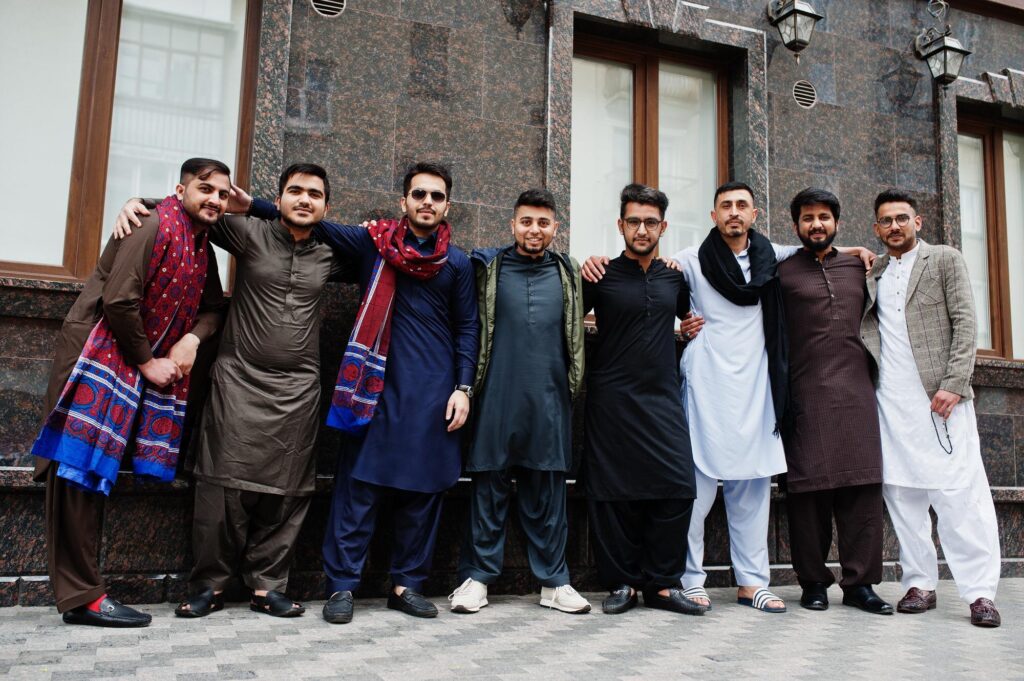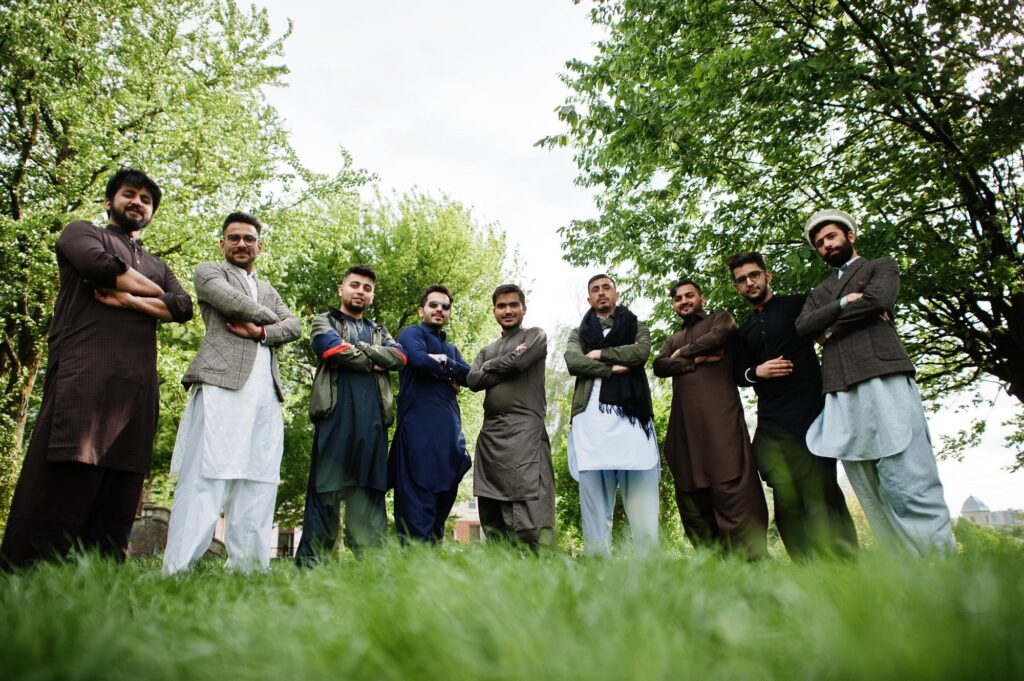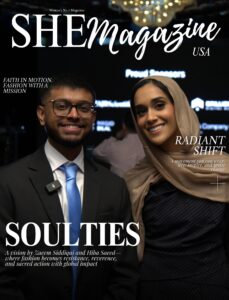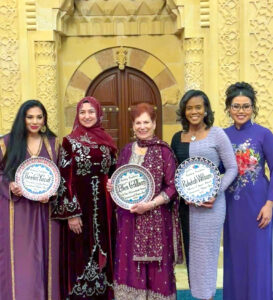In the heart of Pakistan’s bustling cities and tranquil countryside, a silent struggle unfolds—a tussle between tradition and transformation, where the aspirations of the young collide with the convictions of their elders. At the forefront of this cultural standoff are the “aunties” and “uncles,” terms endearingly used to refer to older family friends or relatives, who wield considerable influence over social norms and family decisions. However, beneath this veneer of familial respect and societal wisdom lies a barrier to progress, particularly for women and the youth aspiring to redefine their roles in a rapidly changing world.
Pakistani society, rich in heritage and steeped in centuries-old traditions, finds itself at a crossroads. The younger generation is eager to embrace new ideas, foster innovation, and champion gender equality. Yet, they often find their path obstructed by those who should be their biggest supporters—their elders. Despite proclamations of empowerment and support for women’s rights, actions by many aunties and uncles betray a starkly different reality. They gatekeep positions of influence, resist change that threatens their perceived societal stature, and berate young women striving to make meaningful contributions outside predefined roles.
Cultural Clash: Tradition vs. Transformation
Uncles in Pakistani society frequently profess support for empowering women but fall short when it comes time to actualize these claims. Their endorsement rarely extends beyond lip service; it crumbles when young women assert themselves or seek mentorship from figures of prominence. These men’s egos—often inflated by financial success—obscure any genuine interest in fostering an environment where women can truly thrive. Their reluctance to cede space or acknowledge the competencies of younger individuals reveals an uncomfortable truth: empowerment is endorsed only so far as it does not challenge their authority.
Aunties: Paradox of Advocacy and Conservatism
Aunties play no less significant a role in this intricate web of societal expectations. In many instances, they are even more formidable gatekeepers than their male counterparts. While advocating boldness and risk-taking in theory, they paradoxically embody conservatism when faced with real opportunities for change. The irony is palpable—they urge the youth not to emulate them while simultaneously enforcing norms that stifle creativity and independence.
This generational divide underscores a broader issue within Pakistani society: an aversion to new ideas if they originate from the youth. This resistance stems not from a thoughtful critique of these ideas but rather from a desire among elders to maintain status quo that privileges them. It is an ego-driven endeavor where acknowledgment of fresh perspectives or innovative solutions is seen as conceding power.

Hope Amidst Discord: Youth Determination for Change
However, amidst this discord lies hope—an emerging discourse championed by spirited young minds determined not just to dream but also to actuate change. They envision creating new institutions that reflect contemporary values rather than outdated hierarchies; rules of engagement that prioritize collaboration over confrontation; paths toward trust-building that transcend mere tolerance of diversity.
For this vision to materialize, learning becomes paramount—not just academic learning but learning how to engage constructively without resorting to name-calling or unfounded accusations that have marred political discussions among previous generations on platforms like these.
The call for unity among Pakistan’s youth transcends mere rhetoric; it encapsulates a profound understanding that division serves no one except those clinging desperately to outdated paradigms. By mastering methods of respectful discourse and critical thinking, the next generation can dismantle barriers erected by fear and misunderstanding.
Resilience for Progress: Empowerment from Within
An apology from our elders might never come—an acknowledgment of past missteps remains elusive—but therein lies an invaluable lesson for Pakistan’s youth: progress demands resilience in face adversity; empowerment springs from within before it can radiate outwardly.
Manifesto for Reflection: Forging New Trails of Inclusivity
This isn’t merely an article; it’s a manifesto calling upon every Pakistani—youth or elder—to reflect on our shared legacy: Do we continue down worn paths fraught with division? Or do we dare forge new trails illuminated by inclusivity?
As we ponder these questions let us remember: our collective future hinges not on echoing empty promises but on embodying principles we wish were true—a daunting yet necessary stride towards genuine empowerment and societal renewal.
Beena Yusuf
Chief Editor
www.shemagazineusa.com




